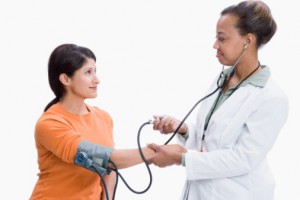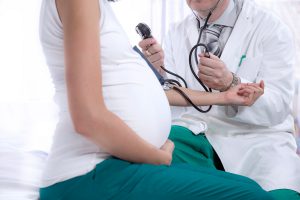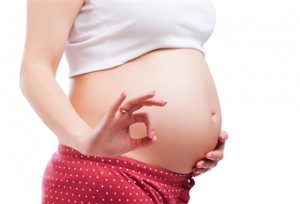 Do you know which health conditions pose the biggest threat to American women? The good news is that many of the leading threats to women’s health, which can vary based on a woman’s age and background, are preventable. Find out which conditions to be aware of to maximize your health today.
Do you know which health conditions pose the biggest threat to American women? The good news is that many of the leading threats to women’s health, which can vary based on a woman’s age and background, are preventable. Find out which conditions to be aware of to maximize your health today.
- Heart disease is the leading cause of death among women. Luckily, there are many lifestyle changes you can make to ward off heart disease, such as not smoking, following a heart-smart diet, and being physically active.
- Stroke poses a significant risk to women’s health in the United States. Almost 55,000 women suffer from stroke each year, and about 60 percent of overall stroke deaths occur among women.
- Two of the most common cancers affecting women are breast and cervical cancers. Early detection is the key to keeping women alive and healthy. The most recent figures show that around half a million women die from cervical cancer and half a million from breast cancer each year.
- Sexually transmitted diseases are responsible for one third of health issues for women between the ages of 15 and 44 years. Unsafe sex is a major risk factor – particularly among women and girls in developing countries.
- Depression is the most common mental health problem for women and suicide a leading cause of death for women under 60. Evidence suggests that women are more prone than men to experience anxiety, depression, and somatic complaints – physical symptoms that cannot be explained medically.
The first step to staying healthy is educating yourself, and then taking the necessary precautions to reduce your risk. While you can’t eliminate risk factors such as family history, you can control many other risk factors for heart disease, stroke and cancer. Also be sure to consult your doctor about when you should have mammograms and other cancer screenings. The Outpatient Mental Health Division at Flushing Hospital Medical Center has an experienced and friendly staff readily available to assist you. To make an appointment please call, 718-670-5562. If you are experiencing stroke or heart disease symptoms please refer to the Ambulatory Care Center at Flushing Hospital. To make an appointment, please call 718-670-5486.
All content of this newsletter is intended for general information purposes only and is not intended or implied to be a substitute for professional medical advice, diagnosis or treatment. Please consult a medical professional before adopting any of the suggestions on this page. You must never disregard professional medical advice or delay seeking medical treatment based upon any content of this newsletter. PROMPTLY CONSULT YOUR PHYSICIAN OR CALL 911 IF YOU BELIEVE YOU HAVE A MEDICAL EMERGENCY.




